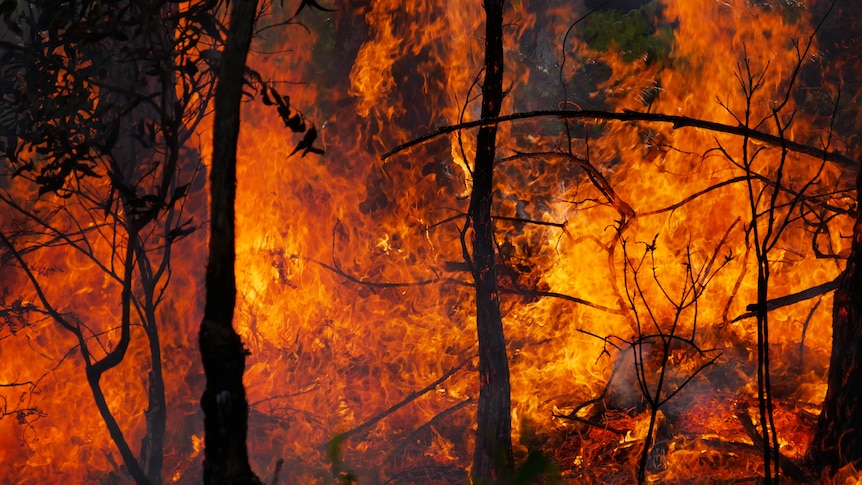
Freya Leach, the former host of Sky News Australia’s political program, has lost her position following a controversial episode that aired last week. The cancellation of her show, Freya Fires Up, comes amid backlash over her decision to feature guests with extreme views, including an unchecked Islamophobe and a transphobe. This decision has raised significant questions about editorial oversight within the network.
The situation escalated when Paul Whittaker, the CEO of Sky News Australia, was reportedly aware of Leach’s guest lineup yet took no action before the broadcast. After the episode aired, Mark Calvert, a seasoned media professional recently returned from medical leave, intervened to address the matter, leading to Leach’s removal from the program. She remains with the network as a co-host on The Late Show, while her producer was dismissed.
In Australia, the regulatory framework for broadcasting is limited. Viewers frustrated by harmful content can lodge complaints with the broadcaster or the Australian Communications and Media Authority (ACMA). However, ACMA has faced criticism for its lack of enforcement power. According to reports, it has received no complaints regarding the recent broadcast. The absence of effective accountability raises concerns about the state of media standards in the country.
David Pocock, an independent senator, emphasized the need for a stronger regulatory body capable of addressing misinformation and disinformation. He stated, “Numerous deficiencies have been identified with ACMA’s regulatory powers and enforcement across a range of its responsibilities.” Experts like Denis Muller from the University of Melbourne advocate for comprehensive reform of ACMA, highlighting that it operates as a co-regulator, relying on the media industry to establish its own standards.
Critics point to a broader culture within Sky News Australia, where provocative content has been prioritized over responsible journalism. Commentators have noted that the network has a history of airing controversial figures, including those espousing climate denial and misogyny, without facing significant repercussions. The lack of consequences raises questions about the accountability of broadcasters in Australia.
Last year, the official television measurement body, OzTAM, confirmed that Foxtel, the network’s parent company, would no longer be included in its datasets, further complicating the landscape of broadcast regulation. The overall sentiment among observers is that there is a pressing need for a more robust regulator that can respond effectively to complaints and enforce standards in broadcasting.
Political analyst Ben Raue pointed out that Leach’s claim on LinkedIn about her electoral performance, stating she blocked Labor from winning the seat of Balmain, is misleading. With only one in five voters in that district supporting her party, the assertion seems a stretch. Despite her political background, her media experience has faced scrutiny, with former classmates describing her as possessing a “main character syndrome” that may have drawn Sky’s attention.
When Leach was informed of her show’s cancellation, the reasons were not clearly communicated. Following the contentious episode, she issued a public apology, stating, “Look, I’ve just been told we do have to apologise for what was just aired.” This phrasing suggests she was directed to express contrition rather than genuinely reflecting on the content.
The environment at Sky News has prompted calls for action from various stakeholders, including Anika Wells, the new Minister for Communications. Advocacy for stricter regulations and better oversight is growing, with demands for the government to reassess the current media landscape and address the apparent shortcomings in regulatory oversight.
As the debate continues, the future of Sky News Australia hangs in the balance. Observers argue that to remain relevant, the network must evolve, shedding content that perpetuates misinformation and instead fostering a more diverse range of high-quality journalism. The current situation serves as a reminder of the vital role that responsible media plays in shaping public discourse.






